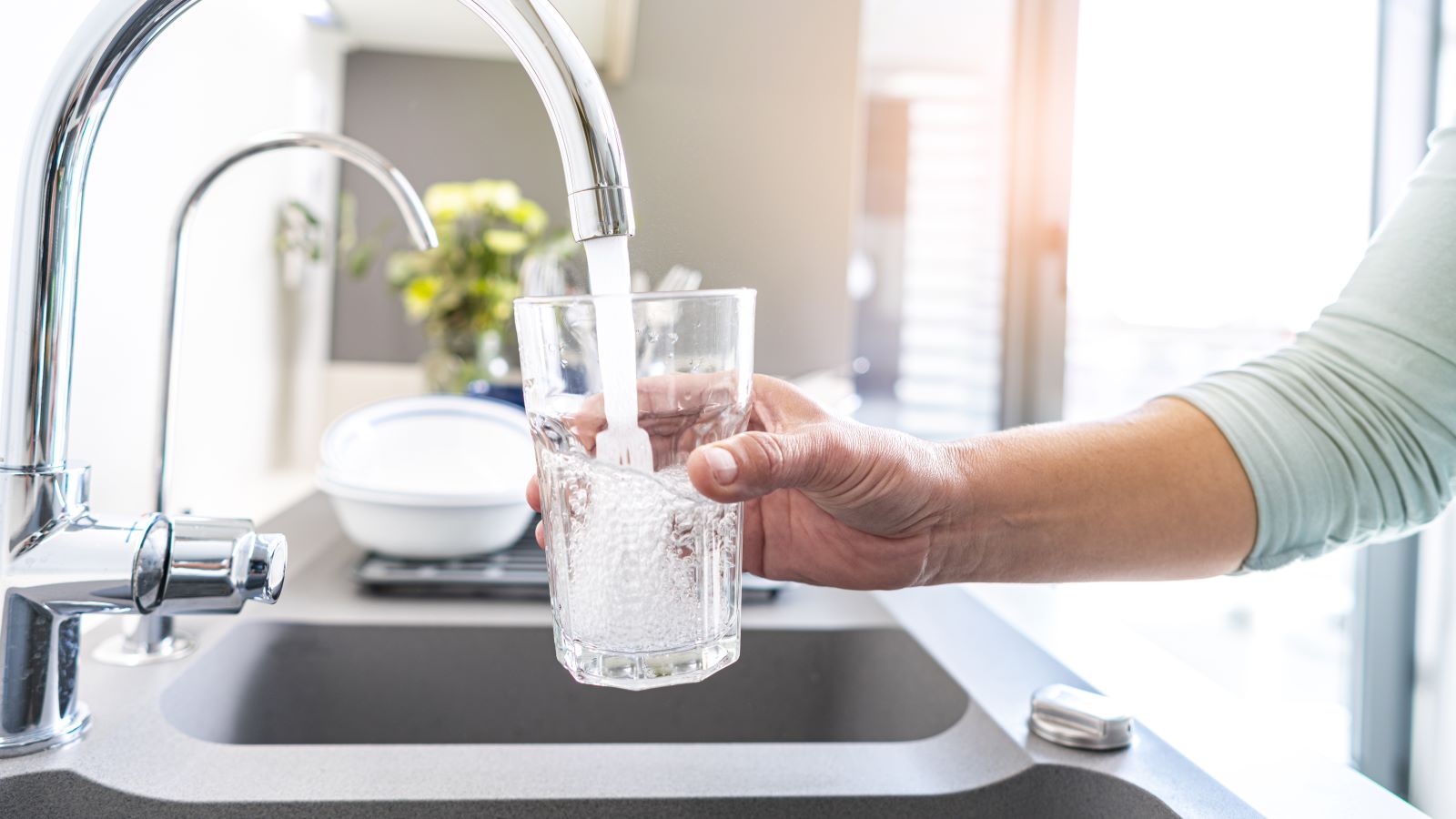Life is full of enough hiccups as it is. So when actual hiccups arise, why not take matters into your own hands?
We asked an expert how to stop hiccups, and what causes them in the first place.
The deal with most hiccups
Hiccups are caused by spasms in your diaphragm — the large muscle located at the base of your lungs — and other muscles that surround your chest.
Fortunately, they’re typically harmless. Unfortunately, many things can set them off.
“Essentially, anything that irritates the chest or upper digestive tract can cause hiccups,” says Brisas Truncali, MD, a gastroenterologist who practices at the Hartford HealthCare Digestive Health Institute in Bloomfield.
Common hiccup triggers:
- Acid reflux
- Overeating
- Eating too quickly
- Eating hot or spicy foods
- Drinking alcohol
- Drinking carbonated beverages
- Swallowing a lot of air when you eat or drink
- Excitement or stress
> Related: 4 Home Remedies for Heartburn That Actually Work
That’s right — even stress can lead to hiccups
“There’s a huge brain-gut connection,” says Dr. Truncali. “When you’re stressed, your hormone and neurotransmitter levels are altered. That can turn on a neural pathway that affects your diaphragm, and triggers hiccups.”
How to stop hiccups
Most hiccups go away on their own in a few minutes or hours. If you’re feeling impatient, though, you have options.
“There’s no surefire way to stop hiccups. But there are some simple at-home remedies that you can try,” says Dr. Truncali.
Techniques to stop hiccups:
- Hold your breath for five to 10 seconds.
- Try the “Valsalva maneuver”: Pinch your nose, close your mouth and pretend to blow up a balloon.
- While seated, pull your knees up to your chest for 30 seconds to a minute.
- Sip very cold water.
- Drink water from the far side of the glass.
- Bite into a lemon.
- Swallow a teaspoon of dry sugar.
- Gently pull on your tongue.
- Close your eyes and press gently but firmly on your eyelids.
Many of these techniques, like pressing on your eyes, may reset the signals traveling along the major nerve to your diaphragm. Others, like holding your breath or drinking from the far side of the glass, may change your breathing rhythm, helping to reset your system.
> Want more health news? Text StartHere to 85209 to sign up for text alerts
When hiccups don’t stop, or keep coming back
For most of us, hiccups are an occasional and short-lived nuisance. However, some people do experience long-lasting hiccups — aka “intractable hiccups” — for days, weeks or longer.
Sometimes, there’s a simple explanation, like a side effect from certain medications. In other cases, persistent hiccups are a sign of an underlying disease, from central nervous system disorders to issues in the ears, throat, chest, lungs or upper digestive tract.
The takeaway: If your hiccups last more than a day or two, or you simply feel like you’re having hiccups more than you normally should, it’s time for an expert.
“Just like any symptom that’s new and unusual, you should talk to your health team,” says Dr. Truncali. They can identify any underlying issues, and if needed, prescribe medication to help.
Because life is full of enough hiccups. Your body shouldn’t be.



